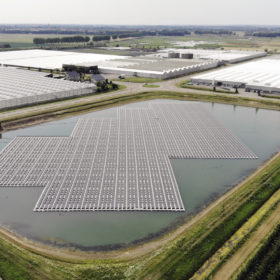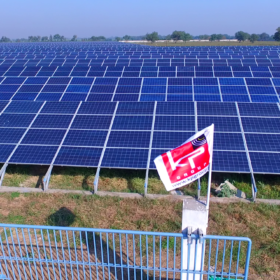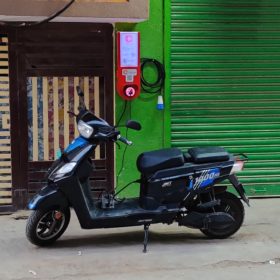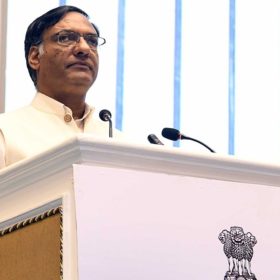Indian reservoirs could host 280 GW of floating solar
At 58 GW, the state of Maharashtra has the greatest potential to generate solar energy through floating PV or ‘floatovoltaics,’ according to a study by The Energy and Resources Institute.
Assam retenders 100 MW grid-connected solar projects
Tariff ceiling is fixed at Rs 4 per unit for ground-mounted, grid-connected solar projects that will come up across four regions of the state. The projects are to be developed on build-own-operate basis for supply of power to Assam Power Distribution Company Limited for a period of 25 years. Bidding closes on February 21.
KPI Global bags 2.66 MW captive solar projects from textile customers
Having bagged 2.250 MW capacity in January, the Gujarat-based power generator has won four more solar projects—900 KW for JPB Fibers, 675 KW for N.J. Textile Industries, 135 KW for N.J. Texturisers and 950 KW for Sailaxmi Tex—aggregating to a capacity of 2.66 MW.
3 GW Indian solar projects at risk due to Coronavirus, says CRISIL
Delay in sourcing of PV modules from China can cause project cost and time overruns, inviting penalties for missing the commissioning date.
Bharat Heavy Electricals opens tender to procure 12m polycrystalline solar cells
The state-owned engineer has specified the dimensions of the devices required and the bid window will close on Friday.
Startup launches cheapest EV charger, plans to install 100,000 units in a year
Having bagged orders for 470 chargers in pilot stage itself, Bengaluru based electric scooter startup FAE Bikes plans to aggressively expand its IOT enabled EV charging network. The chargers—costing just Rs 10,000—can be set up anywhere including small shops and homes with standard power supply.
Balancing the renewable energy intermittency
Annual renewable energy balancing between resource-surplus and resource-deficit states can help solve DISCOM woes while ensuring their compliance to renewable purchase obligations.
Solar powered portable cold storage, grid monitoring system among winners of Social Alpha Energy Challenge 2.0
The winning startups will receive lab-to-market incubation support at the Clean Energy International Incubation Centre (CEIIC), which has been set up by the not-for-profit platform Social Alpha with support from Government of India and Tata Trusts in Delhi.
A few policy tweaks would boost renewable energy investment, says IEEFA India
Removal of solar trade duties, discom reforms, and better central-state government coordination are prerequisites to increase renewable project development in the country.
India’s future energy options all add up to coal, agree the experts
Panellists including a government representative and a member of the chief policy thinktank used by Narendra Modi agreed coal will continue as the staple source of Indian power into the mid century and technology should be employed to ‘clean’ it.














